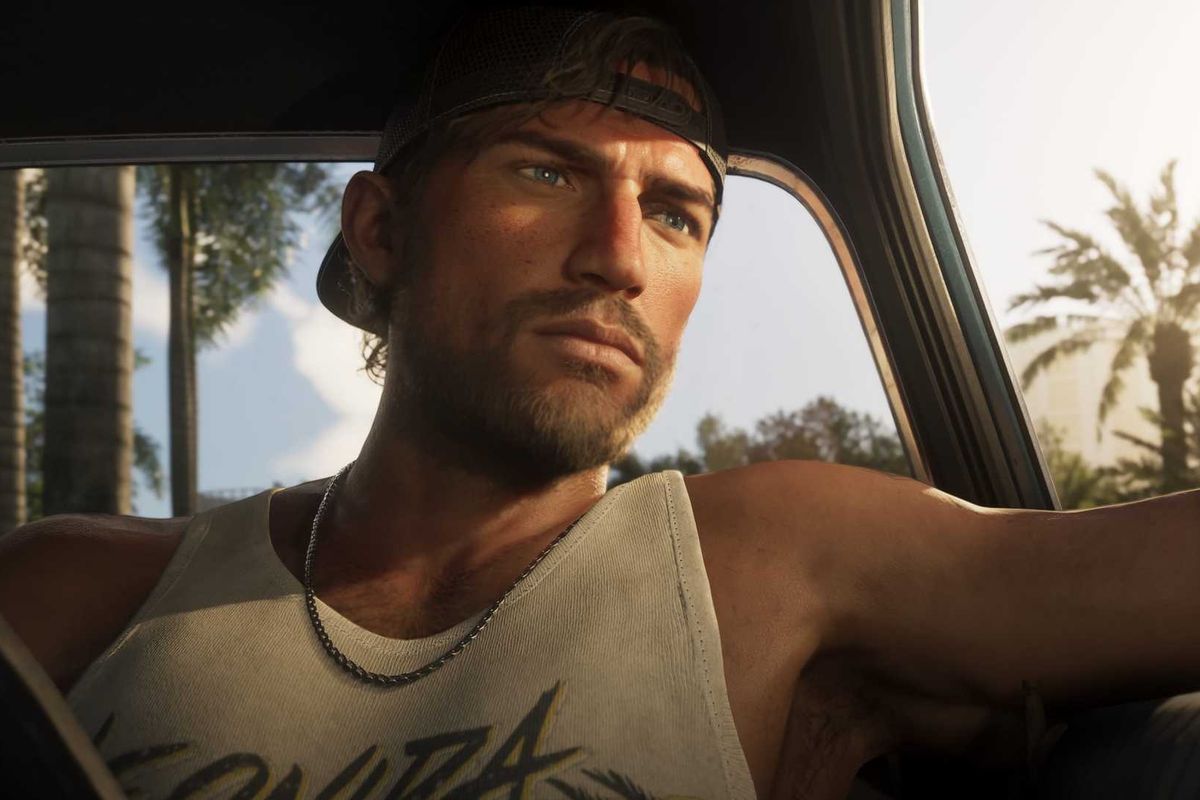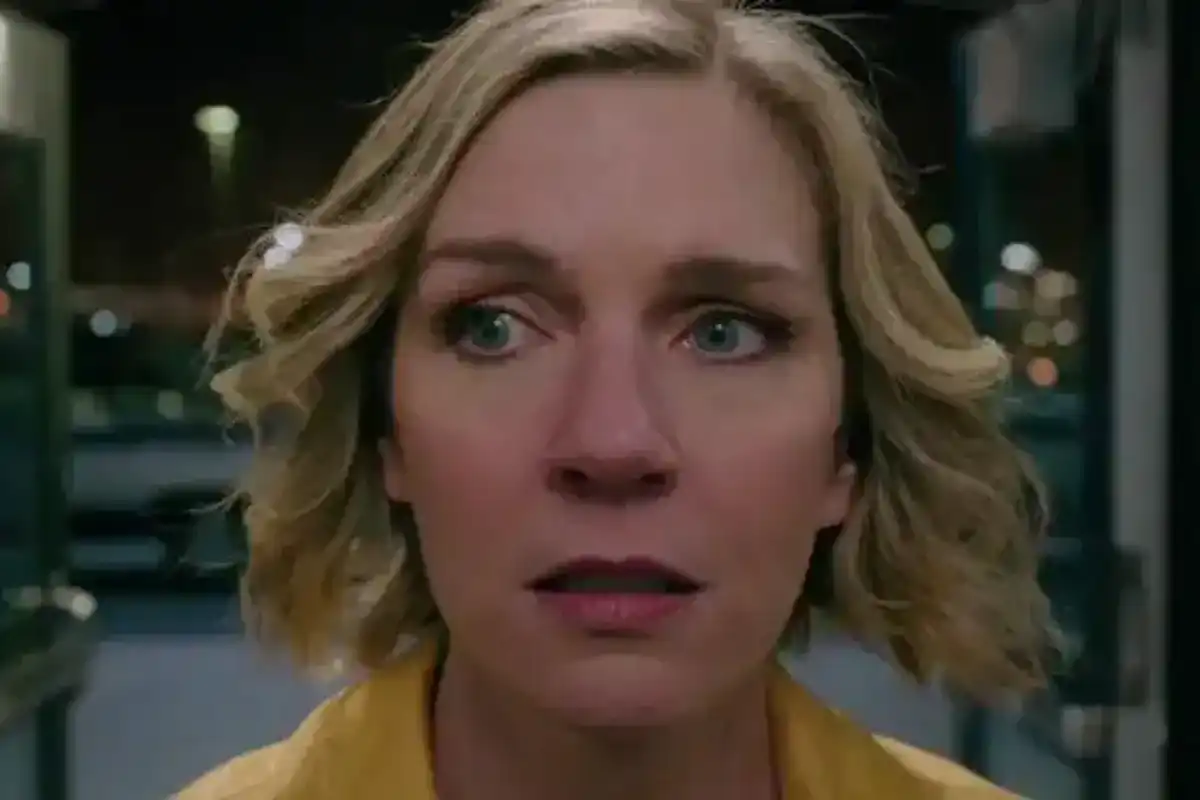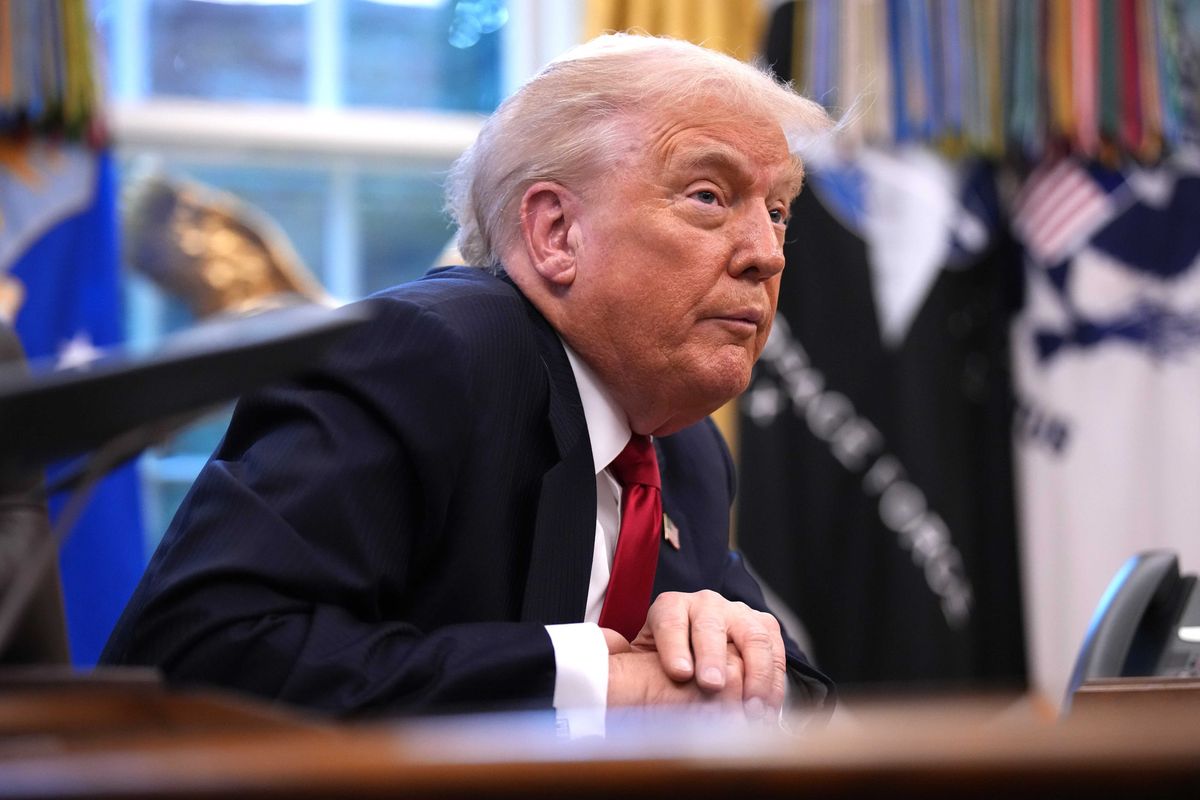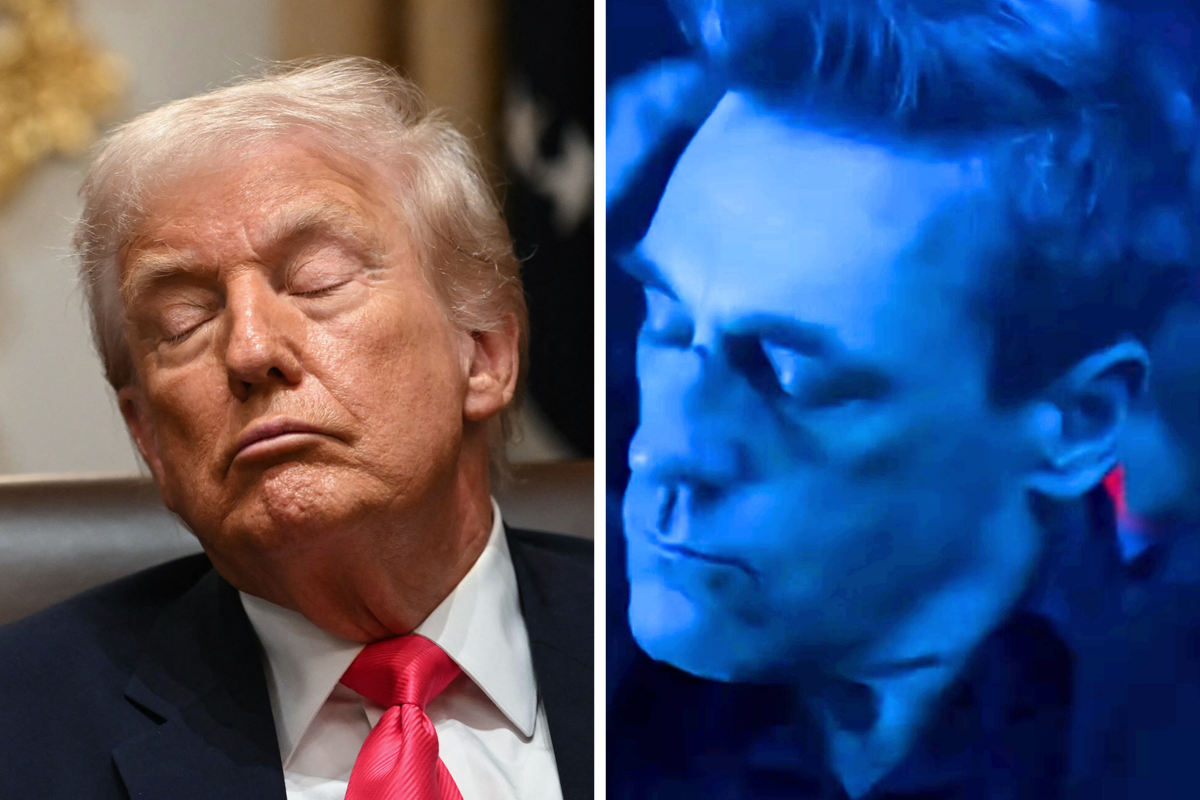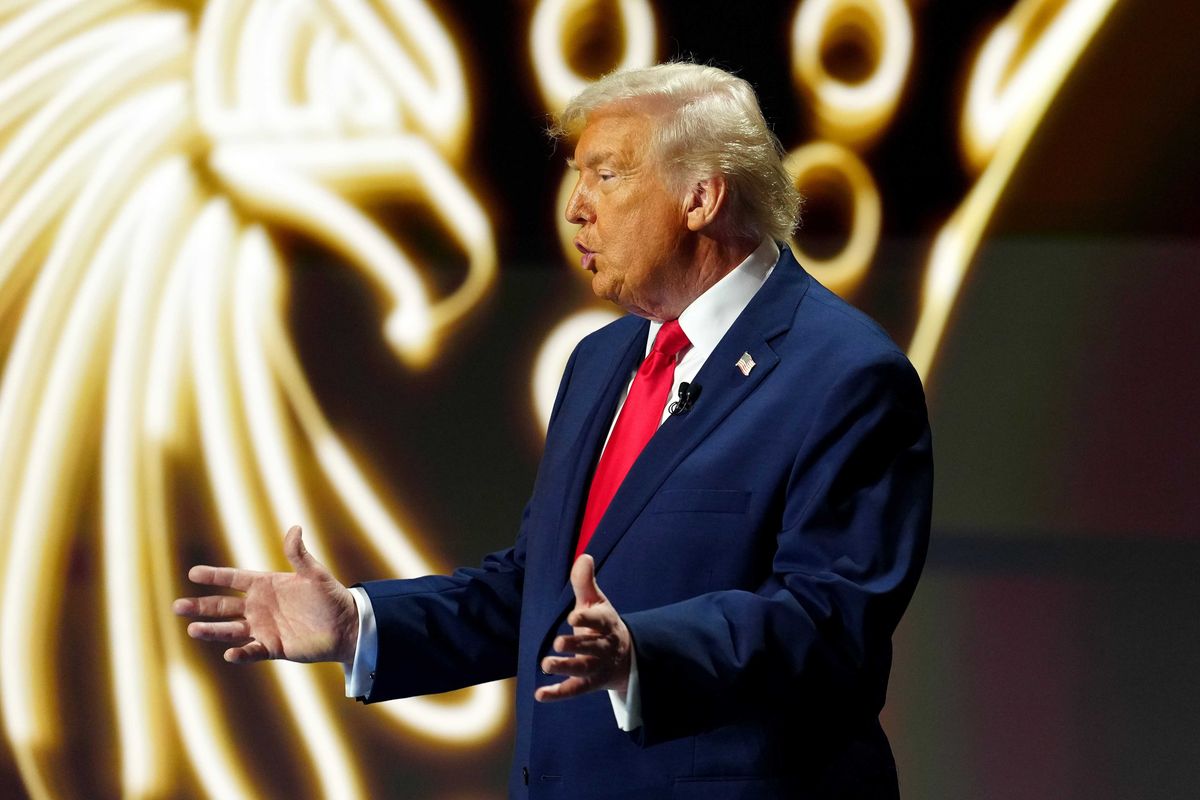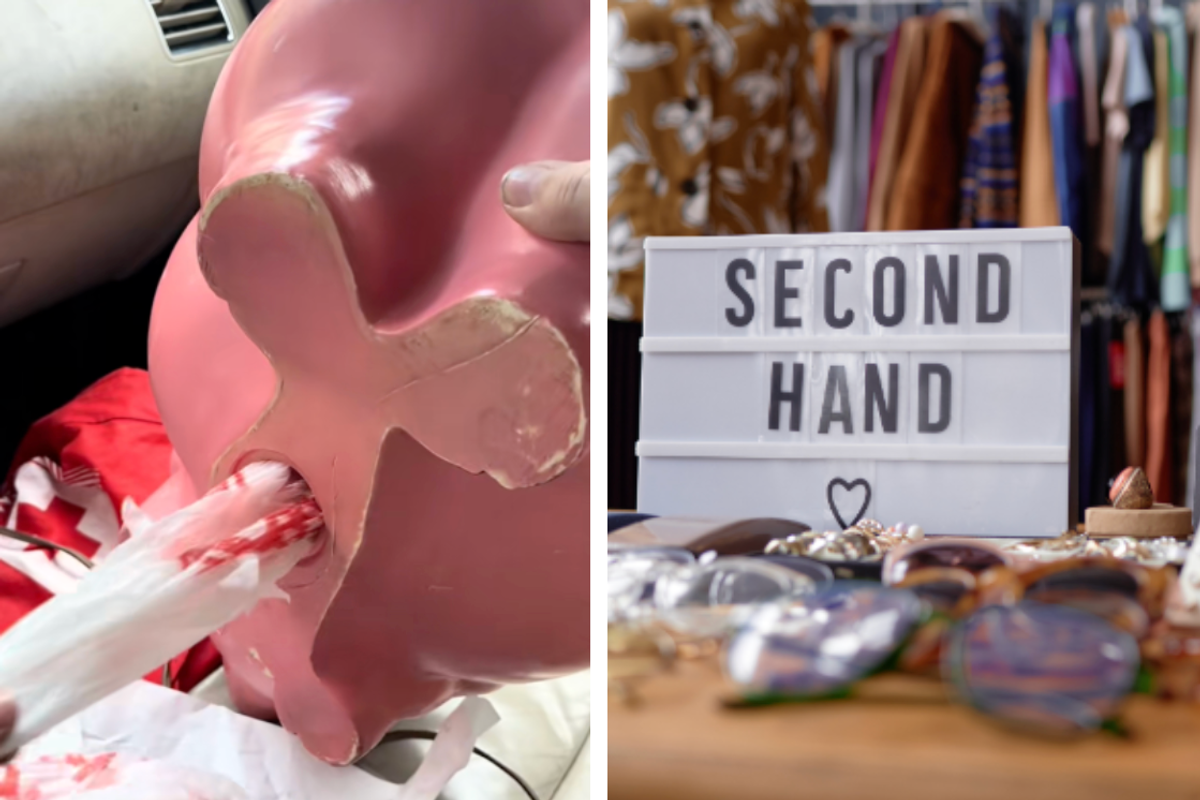News
Mimi Launder
Apr 18, 2018
Trinidad and Tobago's High Court made a landmark ruling earlier this month, deciding that the law criminalising same-sex activity is unconstituional because it violates rights to privacy, liberty and freedom of expression.
As LGBT+ rights activists celebrate, Anglican bishop Victor Gill, who resisted the roll back of the homophobic law in Trinidad and Tobago, defended the persecution of gay people in an interview on the BBC's Today programme on Tuesday morning.
Speaking to Nick Robinson, the 'Bishop' - a title Jayne Ozanne, a gay evangelical Christian, made clear is questionable in itself - claimed that “if homosexuality is going to be decriminalised, it will criminalise Christian freedom" and called being gay a "crime".
He also voiced concern that "children should not be indoctrinated in school that homosexuality is normal", adding:
It is a crime to be gay. Okay. Once the law is removed and it becomes legally right, then it will be right to be taught, then they want equal opportunity for services and so forth...
Ozanne, who founded the Ozanne Foundation, which works with religious organisations to fight for equality and diversity for all, called these views "appalling" and "a terrible incitement on Christianity". In an interview with indy100, she mourned the "twisted" interpretation of the Bible that feeds homophobia in her religion.
Sadly, a religion which should be about love and acceptance has become known as a bigoted homophobic, exclusive sect, and that couldn't be further from the gospel truth.
She added that she "believes passionately that God loves all" and, after listening to the interview with Bishop Gill, found herself questioning how someone who shares her religion can hold and justify these views.
To be honest, it really hurts as a Christian within that Church, knowing that this message has been so twisted.
Bishop Gill is defending "Christians' right to hate" over universal human rights, she said, and added:
I wish the bishop himself could sit back and hear the complete lack of logic and love in his statement.
Though Trinidad and Tobago has arisen from the shackles of colonial-era homophobia, more than 90 per cent of Commonwealth citizens still live in jurisdictions that criminalise LGBT+ people. Theresa May said she "deeply regrets" Britain's legacy of colonialism in the Commonwealth, and the homophobic laws that came in its wake.
Bishop Gill condemns this pressure from the UK to decriminalise same-sex acts as "neo-colonialism", a modern echo of the force that exported homophobia to the Commonwealth in the first place. Meanwhile, Ozanne sees a striking difference between Britain's historic influence and its current pressure on Commonwealth countries to roll back homophobic laws.
She told indy100 that the UK has a "moral responsibility to right wrongs that we've created", adding:
I think we have to be sensitive to culture - nobody likes being told what to do - but there is harm being done and people being wrongly criminalised because of poor understanding and ignorance about sexuality. Human rights don't have a colour to them. They are universal, not just a western concept.
With almost all the Commonwealth countries that outlaw homosexuality, doing so through colonial-era British laws, the hostility towards LGBT+ people across the Commonwealth is a British legacy.
May has come under some criticism, particularly regarding the sudden silence on the best practice guide on sexual orientation and gender that was intended to be published in time for the Commonwealth heads of government meeting (CHOGM). It's a "shame", according to Philip Baldwin, a gay rights activist and Christian. But he also praised May's recent comments, which he said "positioned anti-sodomy laws in such a way that it is clear they are not indigenous national laws".
This is important as opponents to LGBT+ rights within the Commonwealth often seek to create a narrative where LGBT+ rights are 'foreign' or 'Western'.
Hopefully the Government will take an equally firm stand throughout the rest of the summit.
Baldwin told indy100 that Bishop Gill's comments "horrified" him and "reinforces how far we have to go to counter prejudice towards LGBT+ people in some parts of the Commonwealth, particularly within faith communities".
He explained that the Bishop's argument that LGBT+ people "should not have access to equal opportunity services" touches on "one of the most problematic conseqences of criminalisation for the Caribbean:
The region has some of the highest HIV prevalence rates in the world outside of Africa, partly because LGBT+ people struggle to access the healthcare they need.
He represents LGBT+ rights as a 'gay agenda'. I think it is particularly toxic when such language comes from faith leaders.
He added that such comments are the antithesis of what Christianity stands for:
Jesus' message is one of love. The bishop is misappropriating faith to justify his own homophobia.
More: 9 LGBT+ people who defined and defied in 2017
Top 100
The Conversation (0)


